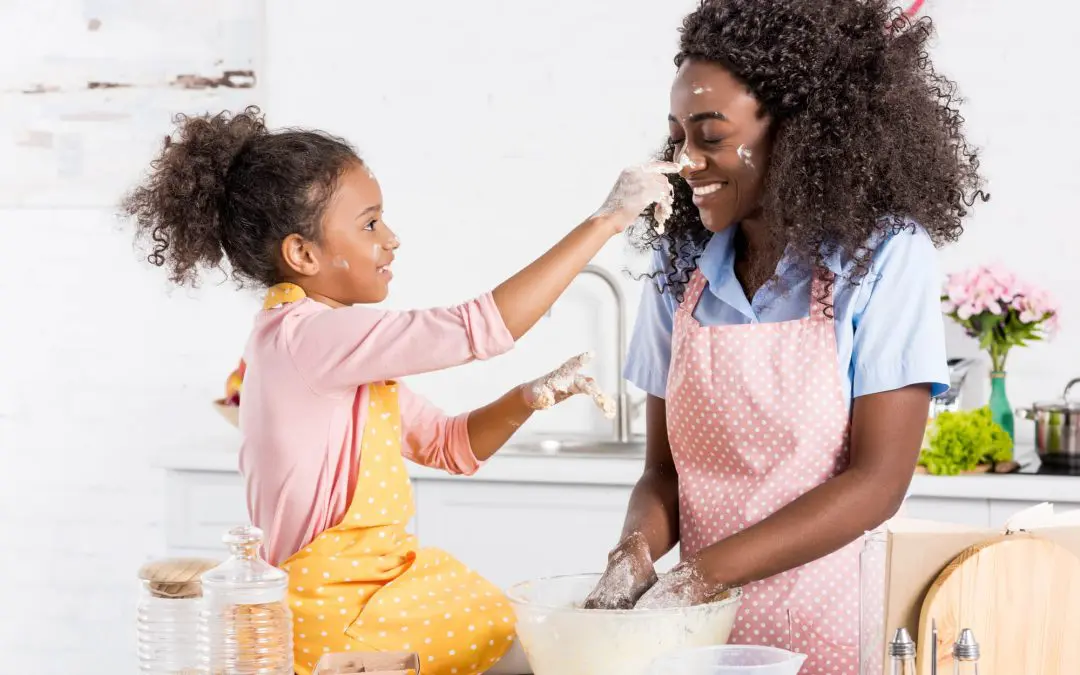From sharp knives to scalding liquids, the kitchen presents various hazards that require awareness and precaution. Whether you’re a novice or a seasoned chef, mastering kitchen safety is essential for an enjoyable culinary experience. Let’s delve into the basics of kitchen safety to ensure your time in the kitchen remains accident-free.
Kitchen Safety Basics: Know Your Equipment
Familiarize yourself with the tools and appliances in your kitchen. Understand how they operate, including safety features and precautions. From knives to electrical appliances, each item requires careful handling. Ensure that equipment is in good condition, with cords intact and blades sharp.
Maintain Cleanliness
A clean kitchen is a safe kitchen. Clean surfaces, utensils, and appliances to prevent cross-contamination and bacterial growth. Wipe up spills immediately to avoid slips and falls. Regularly clean and sanitize countertops, cutting boards, and utensils to maintain a hygienic cooking environment.
Take Fire Precautions for Kitchen Safety
The kitchen is a hotspot for potential fires. Never leave cooking food unattended, especially when using high heat. Keep flammable items such as kitchen towels and oven mitts away from stovetops. Install a fire extinguisher in your kitchen and learn how to use it properly. In case of a grease fire, never use water; instead, smother the flames with a lid or a fire blanket.
Knife Safety
Knives are essential tools in any kitchen but can also be dangerous if mishandled. Always use a sharp knife, as dull ones require more force and are more likely to slip. Keep knives properly stored when not in use, preferably in a knife block or on a magnetic strip. When cutting, curl your fingers under and use a claw grip to protect them from accidental cuts.
Handling Hot Objects
Burns are common kitchen injuries, often caused by hot surfaces, liquids, or steam. Use oven mitts or pot holders when handling hot cookware or bakeware to prevent accidents. Be mindful of steam when opening hot containers or lids. Keep children and pets away from hot surfaces and appliances.
Electrical Awareness
Electrical appliances are ubiquitous in the kitchen but can pose risks if not used properly. Ensure that electrical cords are not frayed or damaged. Don’t overload outlets by plugging in too many appliances at once. Keep electrical appliances away from water to prevent shocks.
Proper Food Handling and Kitchen Safety
Food safety is paramount in the kitchen. Wash hands thoroughly before and after handling food to prevent contamination. Store raw meat, poultry, and seafood separately from other foods to avoid cross-contamination. To kill harmful bacteria, cook food to the appropriate temperature and refrigerate leftovers promptly.
Stay Organized
A clutter-free kitchen is a safer kitchen. To prevent accidents and spills, keep countertops clear of unnecessary items. Store heavy items on lower shelves to prevent them from falling from heights. Organize cabinets and drawers so that commonly used items are easily accessible.
Kitchen safety should always take precedence. Adhering to these basic kitchen safety guidelines creates a secure environment to unleash your culinary creativity without worry.
Outlook Home Inspections offers home inspection services to buyers and sellers in Charlotte and upstate South Carolina. Contact us to request an appointment.

